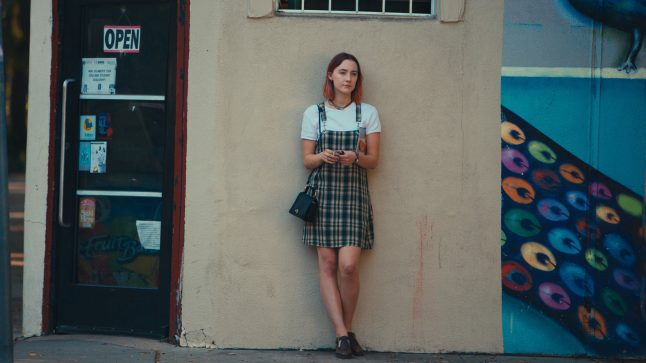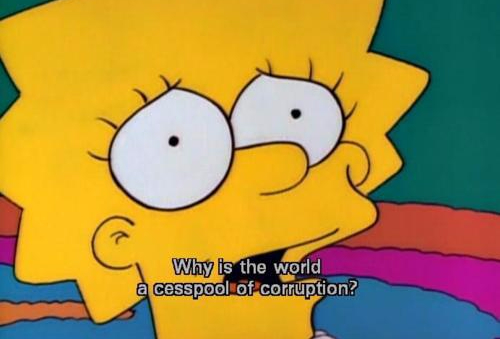Mango juice gushed from the fruit, dripped down his wrists and wet his lips. His straight white teeth tore through the red, orange, green skin and into its ripe yellow flesh. The juice fell onto the plastic grocery bag that was purposefully spread out in front of him like a place-mat. There was a desperation in the way this boy ate the mango. He was hungry and I couldn’t stop watching.
There was one in my hands as well, too big to fit in one hand like an apple. While I watched him eat the fruit ravenously across from me, I had my hesitations about venturing into it myself. He paid no attention to me as I took one conservative bite, breaking through its thick membrane, skin and all. I chewed with the front of my mouth like I did with my vegetables when I was a child. I never really liked mango – the texture was weird.
“That’s the best part,” he said through bites. “The skin has the most nutrients and people just throw it away.”
While feasting, he started telling me about how food changed his life. I had seen born-again Christians talk about Jesus the same way he preached about raw, natural foods. Only putting things in your body that could grow from a tree or be found in flora of a forest. It made me look at him eating the mango like he was consuming some sort of Eucharist, like it could somehow detox him of all of his sins.
“I feel so much better these days,” he explained. “My mind’s just… clear.”
He had been sitting there – biting, chewing, slurping – for a several minutes. The fruit became sad orange bits strung meekly around a brown pit. If I wasn’t there right in front of him, I imagine he would’ve eaten that too.
We were in the atrium of our University campus, the apex of student activity and an intersection of all routes people must take to get to where they need to go. He asked me to meet me here, at this spot, this morning. It was the most convenient place, he explained.
Strangers have a habit of opening up to me. I’ve been told that I have a trustworthy face. It was especially apparent when people came up and asked me to watch their expensive belongings in the library so they could relieve themselves, or when customers greeted me with questions in stores I didn’t work for, or when old ladies volunteered their varying wisdom with me on public transportation because I was the only one who would pretend to care.
With this boy, his words poured out much like yoke spilling from a cracked egg, but I never really applied any pressure. He was a Catholic and I was his Priest at confession, listening to his year long journey – his wallowing depression, his rude awakening, and enlightenment through fruit. He spoke so eagerly and earnestly about his revelations, I had no doubt that he wholeheartedly believed in what he was saying. And, like a Priest, all I had to do was sit here and listen.
I thought of all the other strange ways people dug their way out of a hole: joining a bowling team, making stained glass windows, going to the gym. Never mangoes.
However, this boy wasn’t actually a stranger. At least, not really. He had a name and I knew it. Isaac. I had met him just over a year ago.
~
October 31st, 2015

He stands in a kitchen, lazily leaning against the countertop. Through the air that is thick with smoke, tinged with interchanging party lights, red, green, yellow then blue, I see he is wearing black jeans with suspenders, over a white shirt. The sleeves are rolled up over his well-toned muscles, adding one small touch to a costume that looked like he probably mustered it together at the last minute. It’s a Halloween party, and he’s a greaser.
I’m just a few feet from the entrance of the kitchen, but I’m talking to guy who took interest in me the moment I walked in the door. He pulled me to the side by the arm while I was getting a drink and told me I looked beautiful.
We talk, the guy and I, first yelling over the heavy-bass party music, then we close into one another so our mouths are placed over each other’s ears as we say words.
 Bright red lipstick makes a perfect outline along the lip of my cup. I’m a pin-up girl. The costume I put together was also last minute, all pieces combined from the bottom of my closet; tight high-waisted jeans, a red bandana and a white button up I knotted over my chest. Most importantly, my best and most trusted bra.
Bright red lipstick makes a perfect outline along the lip of my cup. I’m a pin-up girl. The costume I put together was also last minute, all pieces combined from the bottom of my closet; tight high-waisted jeans, a red bandana and a white button up I knotted over my chest. Most importantly, my best and most trusted bra.
Over the crowd of people, all moving and meandering and making noise, I look over the guy’s shoulder and catch the boy’s eyes. Three times.
The boy is beautiful. He is the kind of boy I dream about; standing above the crowd, 6’4, with thick dark hair pulled back from his face, and friendly eyes juxtaposing his two intense eyebrows. A perfect combination of intimidating and I-swear-I-don’t-bite.
He immediately catches my eye, and somehow I am catching his. I’ve never been “that girl”. Back in high school, which seems like a lifetime ago, I was all chubby cheeks and rectangular glasses, but I’m on the brink of twenty I’m still soft, just not as round. That’s why I blame his interest on my costume. I always find reasons for the male gaze whenever it is pointed in my direction. Sober, my confidence hasn’t grown at the same rate the rest of me had.
In my drunken state, embellished the savviness of a pin-up girl and the guy at my side, my ego is slightly larger than usual. The alcohol in my red plastic cup has filled me with a pleasant haze too. The kind of drunken stupor that doesn’t hit you until you’re releasing your bladder into a toilet while walls spin around you. I’ve gone three times since I got here.
It makes my conversation with the guy in front of me run more smoothly, despite how boring and fraternal he is. Jake, Tanner… maybe it’s Steve; he said his name but it’s starting to slip my mind. I pretend to be interested in what he’s saying, I laugh because he makes a jokes,, and touch his arm at the right moments, because I want him to think I’m listening.
But, I can’t help but be distracted by the beautiful boy in the kitchen leaning against the countertop, who seems to be there alone, and whose eyes are meeting mine every time I look up.
“I’ll be right back,” the guy says in my ear.
“What?” I yell over the music.
He motions to his empty cup, and leaves to go fill it with the party’s concoction of alcohol and green Kool-Aid. The farther he is, the more distant any memory of his name becomes.
Spotting the friends that I came with, I notice they’re talking to boys they probably wouldn’t find attractive if it weren’t for the red plastic cups in their hands.
The room is spinning. I rest my back against the wall so that people can pass by in the crowded hallway and sink into that feeling that always greets me in the middle of a good time. Everything about modern house parties are so obviously intentional. Everything’s made to magnetize the opposite sex closer to one another. I can’t walk down a hallway without my ass grazing the groin of some unsuspecting stranger.
I stare at my friends, they too had fallen fool to the game.
I take a sip from my cup and finish it off. When I look over again, he is already looking back.
That boring guy is no longer tethering me to my present spot, and his eyes are saying “come over” even if he doesn’t mean to. I’ve started walking towards him and I don’t remember deciding to.
“Hey.”
He smirks like he knew I was going to come over before I did.
“Hey,” he says back.
~
I stared at the same boy sitting across from me who was different now.
My eyes went to the few beads of mango juice were still dripping down his wrists.
How the hell did I get here?
~
 Isaac bends down and asks me what my name is.
Isaac bends down and asks me what my name is.
I tell him, and he repeats it back to see if he heard it right.
He says his, but I ask him to say it again. The speakers are right at his elbows and they pulse to the beat.
His gaze is effortless and suggests he’s used to drawing the attention of girls at house parties. He utters something about being a greaser but right now he looks like Marlon Brando in Streetcar Named Desire. I remember playing Blanche Dubois in my high school play once.
“I’m a pin-up girl,” I say in response.
Before we get stuck in the realm of small talk, which I hate, Isaac un-crosses his arms and bends down close, mouth at my ear.
“Wanna just get out of here?”
I’m not sure what he means but I want to go wherever he’s going. I grab his hand that he offers after my yes and can’t help but notice that the crowd of people in the house seem to part like the sea as we make our way towards the front exit.
Outside, the air is crisp for October, and I didn’t bring a coat, but blood is rushing under my skin because I’m suddenly nervous.
He walks with his hands in his pockets, taking long strides with his long legs, and we bump into one another.
“Shit party, eh?” he starts, I think to break the quiet between us.
“Yeah,” I say, though I don’t agree. It wasn’t that bad.
“My place is just two streets over.”
The longer we walk, the closer we are to his place and the more aware I become of what I’m doing.
It’s five short minutes and one flight of stairs to get to his small bedroom on the second floor of a duplex two streets over. We chuckle quietly as he opens the door and clumsily stumble inside his bedroom.
~
I lifted up my mango. “Do you want mine? Not that hungry to be honest.”
Isaac shrugged, “Sure.”
He took a bite. I saw his lips more than his teeth this time, full and kissing the skin my mango with each bite. I wondered why, a year after our one night together, he asked me to hang out with him again.
“So… how about you?”
My eyes were still on his mouth, “Huh?”
“It’s been over a year since I saw you last.”
“That’s a loaded question.”
He just looked at me expectantly.
Sighing, I leaned back into my seat, mindful of my sticky hands. “I didn’t go on a mind-altering spiritual journey if that’s what you’re wondering.”
“All journeys are journeys, my friend.”
He smiled stupidly.
I would’ve rolled my eyes if anyone else had uttered that faux-Zen spiritual virnacular in my vicinity. It was the kind of gab that I’d commonly mocked to my friends. But he was beautiful. Even with his hair, now twisted into hippy dreads and tied together with a rubber band, and his body that had lost its fullness after a year of fruit-eating, I still found him beautiful.
Since we had sat down, almost all of the stuff that came out of his mouth juxtaposed my carefully curated secularism. But I just nodded, and smiled, and motioned for more. There was no doubt that all things suggested I agreed with everything he was saying.
I thought of even responding with “it’s not the destination it’s the journey” or some shit. It was so easy to lose myself in beautiful boys.
A compromise, “I think I’m still in the middle of mine.”
I could’ve told him about my year, but part of being a practical person is having a hard time finding a way to attach meaning to everything. Like serendipity or happenstance, my life never made sense. Unlike his three-act story, my life never came to a coherent conclusion, revelation, or absolution.
And unlike him, I don’t like talking about myself to strangers.
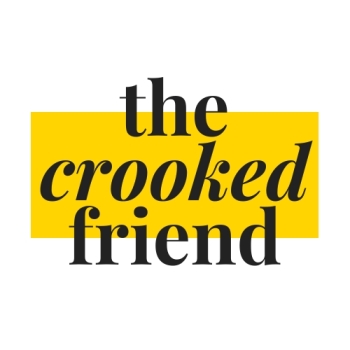




 My breasts have always been some sort of a nuisance – I avoided wearing a bra when they started sprouting when I was ten. I remember mother tossed my first set of the Fruit of the Loom cotton training bras from Walmart onto my bed with a look that just said, “It’s time”.
My breasts have always been some sort of a nuisance – I avoided wearing a bra when they started sprouting when I was ten. I remember mother tossed my first set of the Fruit of the Loom cotton training bras from Walmart onto my bed with a look that just said, “It’s time”.  As an act of rebellion, against the things I was taught about myself and told myself on a daily basis, I had also slowly developed a habit of going to the gym – not as a punishment, but because it made me feel good.
As an act of rebellion, against the things I was taught about myself and told myself on a daily basis, I had also slowly developed a habit of going to the gym – not as a punishment, but because it made me feel good. 









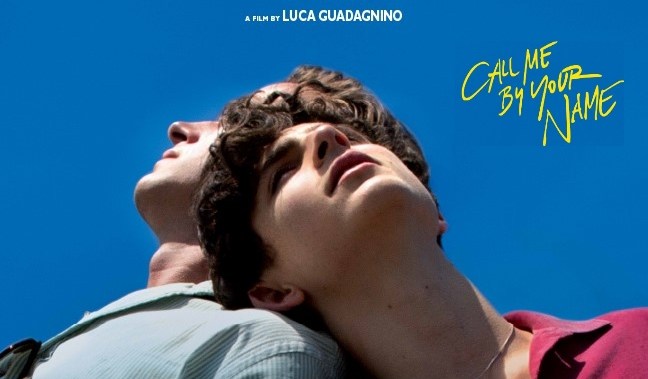

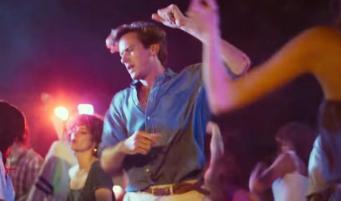

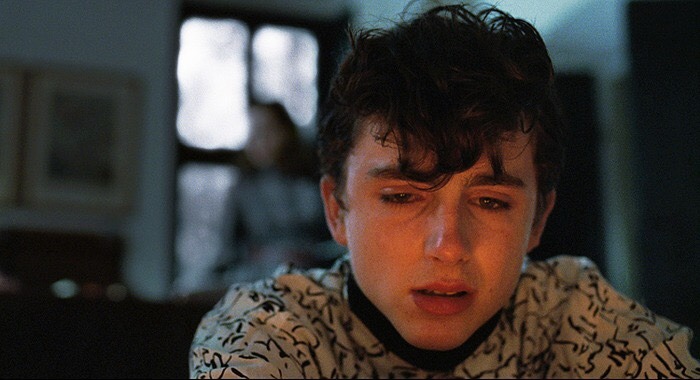



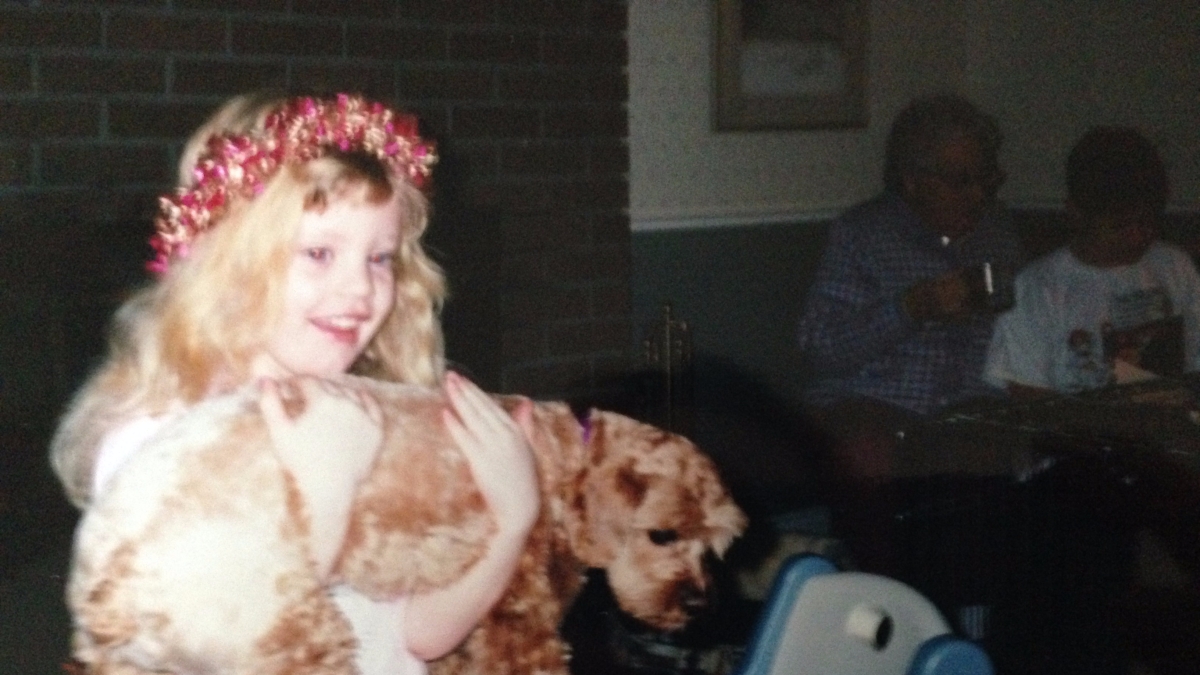







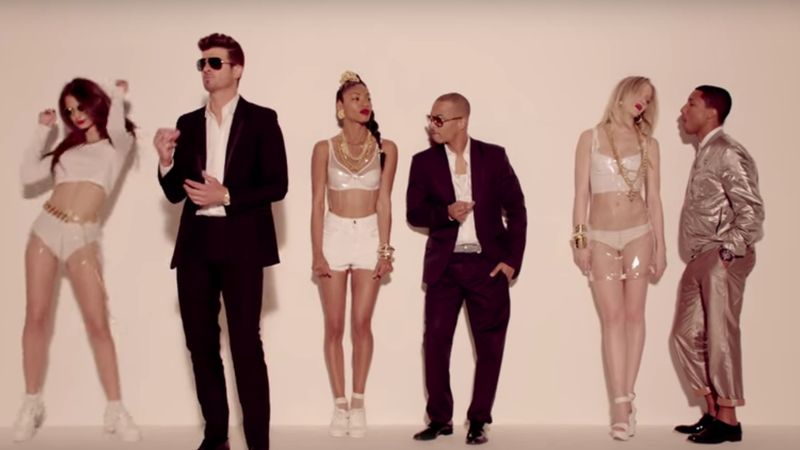


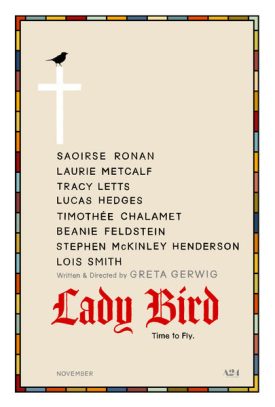 Director Greta Gerwig and Joan Didion, I would later find out are both from Sacramento. As with Christine McPherson, but as she so often corrects people, is Lady Bird – a name “given to me by me”, she explains. And that sets the premise for the story: a girl who demands a different flavour of life from the one the one that was given to her.
Director Greta Gerwig and Joan Didion, I would later find out are both from Sacramento. As with Christine McPherson, but as she so often corrects people, is Lady Bird – a name “given to me by me”, she explains. And that sets the premise for the story: a girl who demands a different flavour of life from the one the one that was given to her.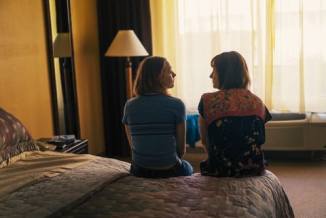 Out of every shining detail, the most engaging part has to the be the central focus of the film; the relationship between Lady Bird and her Mother (played by Laurie Metcalfe). Because, while I had mentioned that she can, at times, be the antagonist, she is also the other half of Lady Bird’s tumultuous love story.
Out of every shining detail, the most engaging part has to the be the central focus of the film; the relationship between Lady Bird and her Mother (played by Laurie Metcalfe). Because, while I had mentioned that she can, at times, be the antagonist, she is also the other half of Lady Bird’s tumultuous love story.